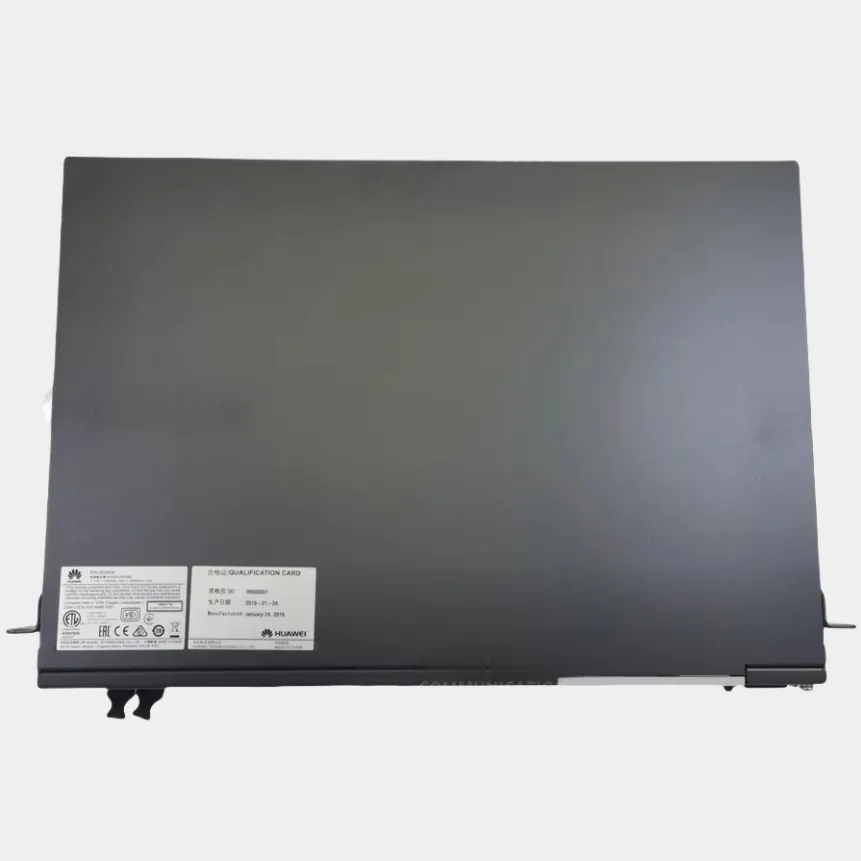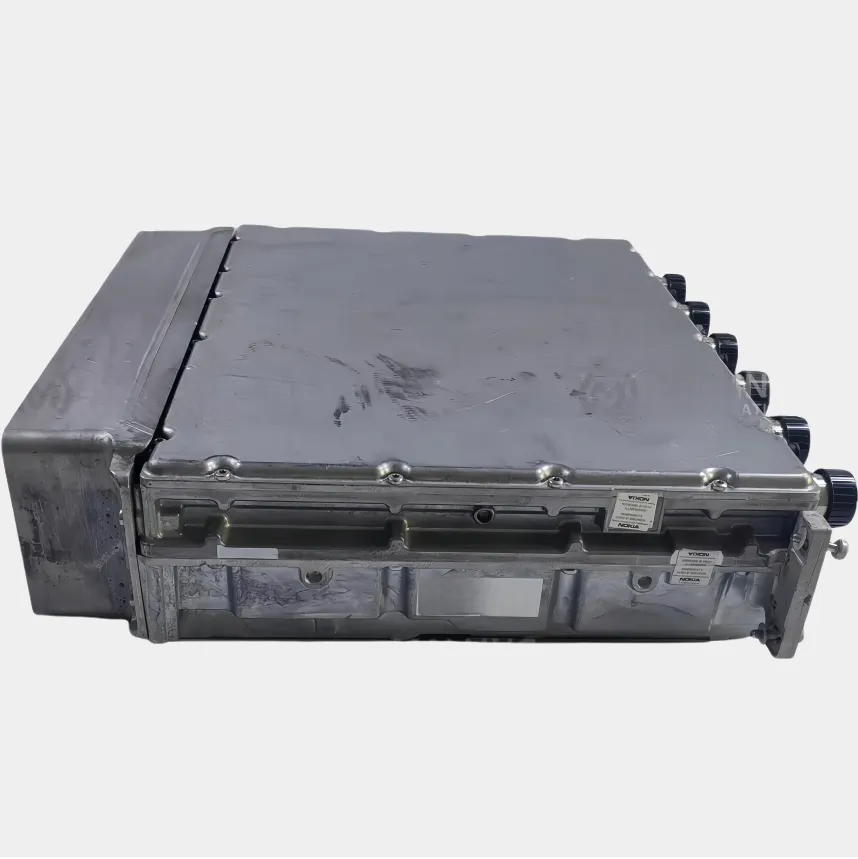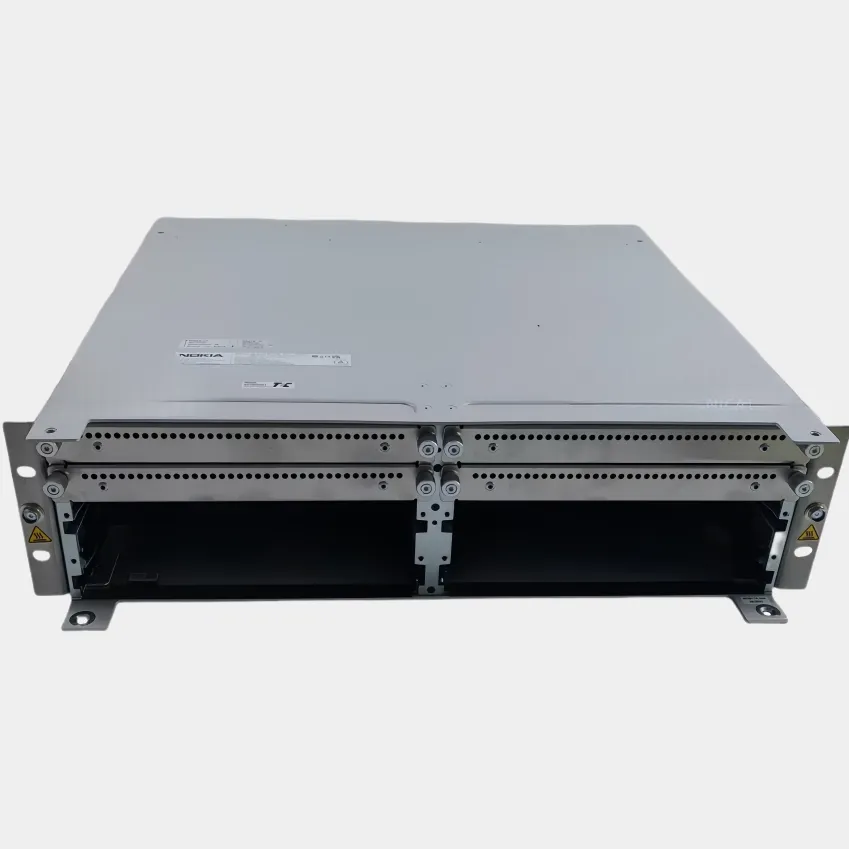ಬೇಸ್ ಟ್ರಾನ್ಸೀವರ್ ಸ್ಟೇಶನ್ (BTS) ಅಭಿವೃದ್ಧಿ
BTS ಎಂಬುದು ರೇಡಿಯೋ ಫ್ರಿಕ್ವೆನ್ಸಿ, ಬೇಸ್ಬಾಂಡ್ ಮತ್ತು ನಿಯಂತ್ರಣ ಯುನಿಟ್ಗಳಿಂದ ಮಿಶ್ರಿತವಾದ ಅನ್ವಯಿಕ ವೈದ್ಯುತೀಯ ಪ್ರಸಾರಕವಾಗಿದೆ. ಅದು ಮೂಲ ನೆಟ್ವರ್ಕ್ದಿಂದ ಸಂಕೇತಗಳನ್ನು ಮೊಬೈಲ್ ಸ್ಟೇಷನ್ಗಳಿಗೆ ಅನ್ವಯಿಕವಾಗಿ ಸಂಕೇತಗಳನ್ನು ತೆರೆಯುತ್ತದೆ ಮತ್ತು ಮೊಬೈಲ್ ಸ್ಟೇಷನ್ಗಳಿಂದ ಅನ್ವಯಿಕ ಸಂಕೇತಗಳನ್ನು ಮೂಲ ನೆಟ್ವರ್ಕ್ಗೆ ಬದಲಾಯಿಸುತ್ತದೆ. ಮೊಬೈಲ್ ಅನ್ವಯಿಕ ನೆಟ್ವರ್ಕ್ಗಳಲ್ಲಿ ಹೆಚ್ಚಿನ ಪ್ರಯೋಗಗಳಲ್ಲಿ ಉಪಯೋಗಿಸಲ್ಪಡುತ್ತದೆ, BTS ಮೊಬೈಲ್ ಉಪಯೋಗಿಗಳಿಗೆ ಕಾಲುಹಣ್ಣು ಸಂದೇಶಗಳು, ಡೇಟಾ ಇಂಟರ್ನೆಟ್ ಮತ್ತು ಇತರ ಸೇವೆಗಳು ಅನ್ವಯಿಕವಾಗಿ ನೆಟ್ವರ್ಕ್ಗೆ ಸಂಪರ್ಕ ಮಾಡಲು ಅನುಮತಿಸುತ್ತದೆ.
ಉಲ್ಲೇಖ ಪಡೆಯಿರಿ


